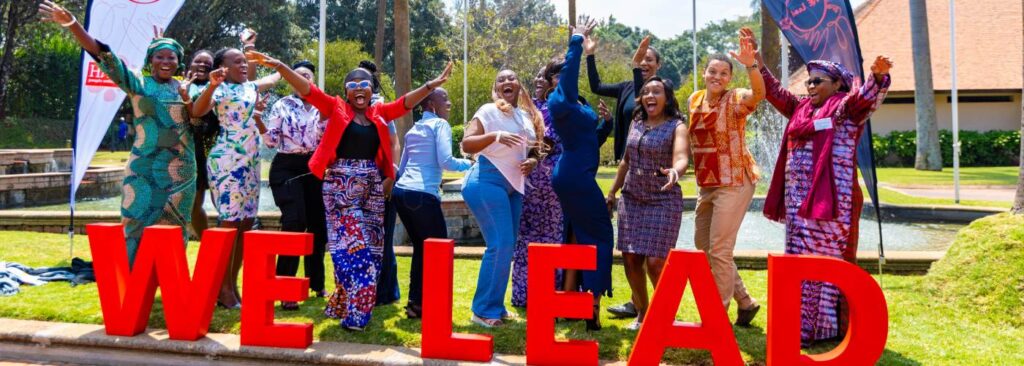Healing from the trauma of sexual violence is not easy, especially when it stays with one for years. The healing efforts are done mainly by the individual, who in most cases needs help from others. For this reason, a manual for counselors helping sexual violence survivors in Timor Leste has been written by Theresia Sri Endras Iswarini, Manuela Leong Pereira, Johana Paula Shinta Dewi, and Dalia Maria das Regras, with the support of Hivos Southeast Asia.
The manual is in the Timorese Tetun language and consists of eight modules with which counselors can guide survivors through the process of healing their trauma (please check the right box). The counseling concept is based on feminism, and the module starts with a learning contract between the counselor and the survivor, followed by the steps of counselling and tips for the counselor. This module is expected to help counselors and activists understand trauma and obtain suitable skills in performing trauma healing so that survivors will emerge stronger and more independent.
The manual was launched in Resistansia Museum, Dili, Timor Leste, on 27 October, 2016. It received positive responses, especially from the Timor Leste government. The Ministry of Social Solidarity will distribute the manual to potential users and other ministries, and has asked Fokupers and Acbit to help them with this effort. Hivos Southeast Asia has been working with Fokupers and Acbit on the Gender-Based Violence Survivor Programme since December 2014.
How to Use this Manual
Module A is a learning orientation that includes introductions, do’s and don’ts, identifying expectations, and an explanation of the training process. Module B will guide the counselor in mapping out the problems to tackle when providing counseling. Module C talks more about feminism and feminist perspectives as a basis for doing counseling.
Module D mostly explains the skills needed for counseling, such as how to listen actively, how to build motivation and how to do a gender analysis of the client’s story in accordance with the principle of feminist counseling. In Module E, you will find fun and exciting methods of feminist counseling, such as the “River of Life” exercise that requires the participants to draw all their important life experiences (happiness, sadness, inspirational) then share the “river” to others. Module F explores how we overcome trauma by using various other exercises.
Module G encourages participants to understand the need to do ‘self-healing’ through a self-care process. Finally, Module H contains guidelines for creating an action plan for the future after following trauma healing training. Some reading materials are also provided to guide and assist the counselor.
Each module can be used separately or combined with others in the manual. Whatever order you choose, the introduction should begin with a brief description of the goal of each module used and connect it with the previous modules to ensure a solid understanding of the entire process. Hivos Southeast Asia expects that this trauma healing manual will enable survivors of sexual violence and other injustices on Timor Leste to take charge of changing their future and improving their lives.



